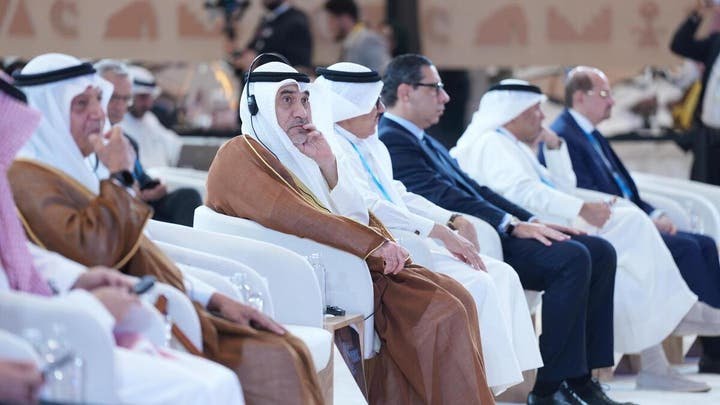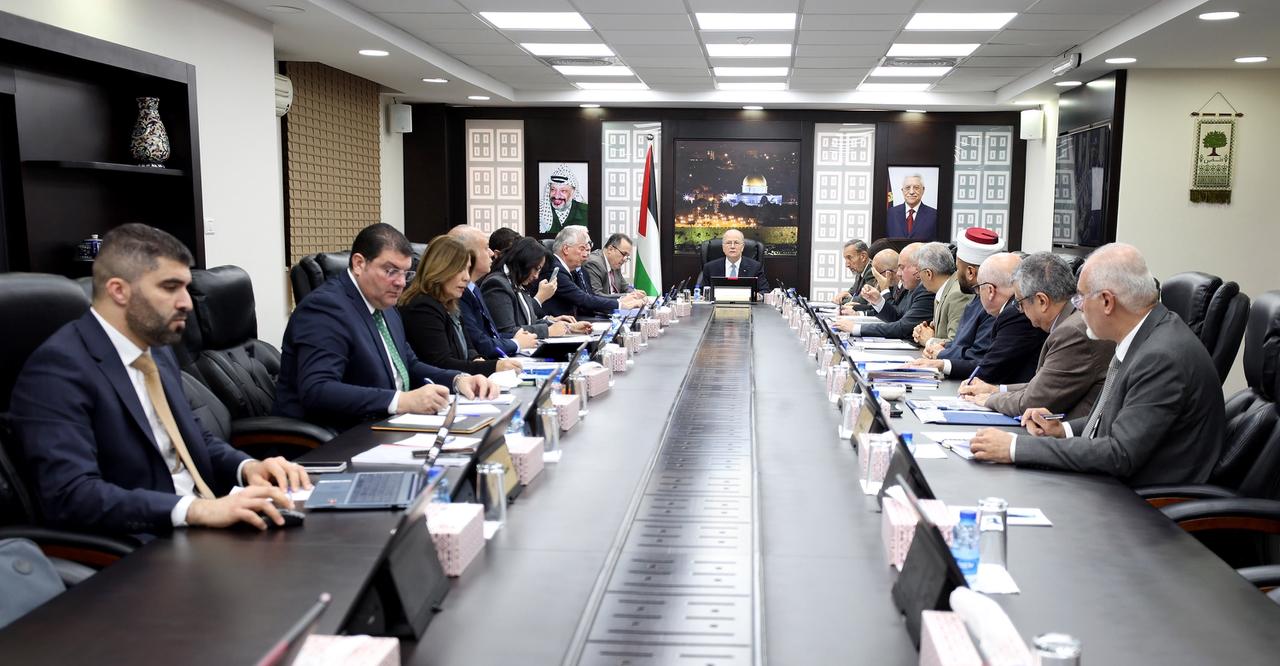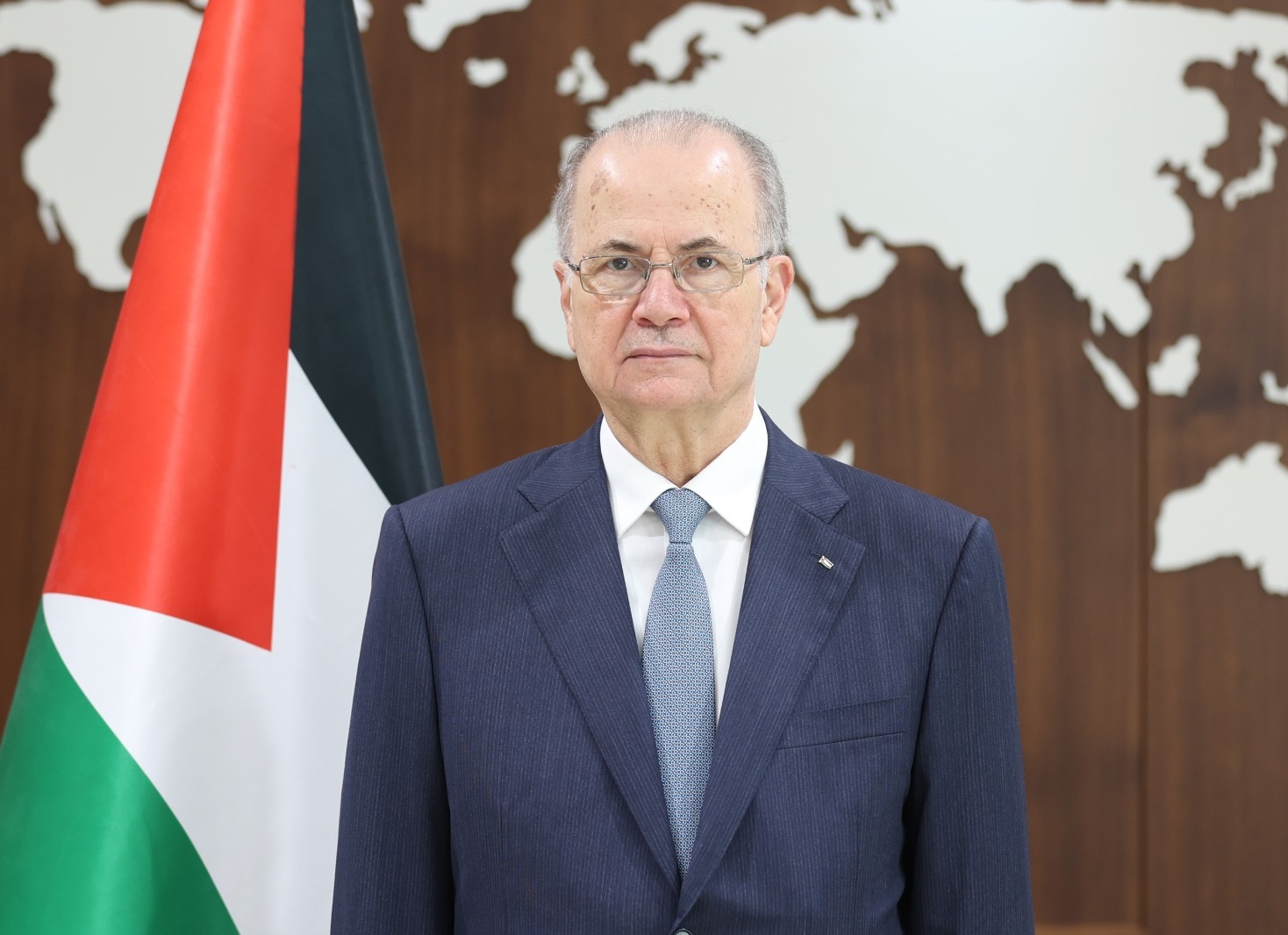ALULA, SAUDI ARABIA, October 2, 2025 (WAFA) – The Munich Security Conference has begun its two-day session in the historic city of AlUla, Saudi Arabia, drawing approximately 70 senior international leaders to discuss pressing global and regional security challenges, including the question of Palestine.
The conference agenda covers a wide range of critical issues, including the ongoing war in Ukraine, the Palestinian question, security in the Red Sea, energy stability, climate and food security, regional economic integration, and the India-Middle East-Europe corridor. Participants are also addressing global trade, regional crises, maritime security, nuclear safety, and strategies to advance peace, stability, and economic cooperation.
In a keynote address delivered via video conference, Palestinian Prime Minister Dr. Mohammad Mustafa emphasized the importance of the two-state solution as the only viable path to peace, security, and stability in the Middle East. He affirmed the New York Declaration, adopted last week, as a guiding framework for achieving lasting peace, stressing the integral status of Gaza within the sovereign State of Palestine.
Mustafa expressed gratitude to the 159 countries that recognize the State of Palestine and commended Saudi Arabia and France for their leadership in bringing the New York Declaration to fruition. He also acknowledged efforts by U.S. President Donald Trump aimed at achieving a ceasefire in Gaza, ending the man-made famine, and preventing forced transfers of civilians.
The Prime Minister underscored the need to harmonize Gaza ceasefire principles with the interim arrangements outlined in the New York Declaration. He called for coordinated action with the United States, regional partners, and international stakeholders to implement both frameworks effectively.
Mustafa further stressed that transitional arrangements will only succeed if they recognize the shared governance, legal systems, and population between Gaza and the West Bank, including unified passports, land registries, company and banking laws, health and education systems, and customs.
He concluded by emphasizing that a strong Palestinian Authority is essential for the success of post-war arrangements in Gaza and the broader roadmap toward a two-state solution, calling for international support to complement domestic reforms.
M.N












